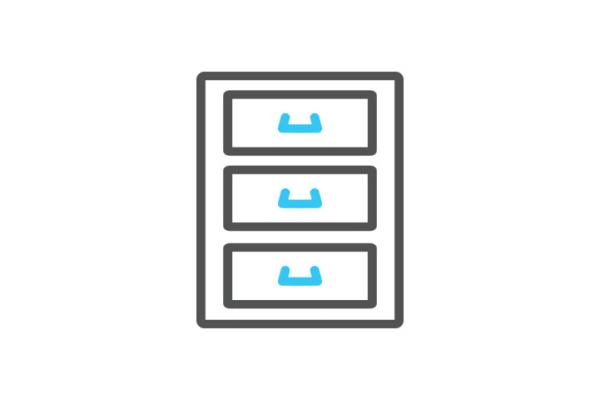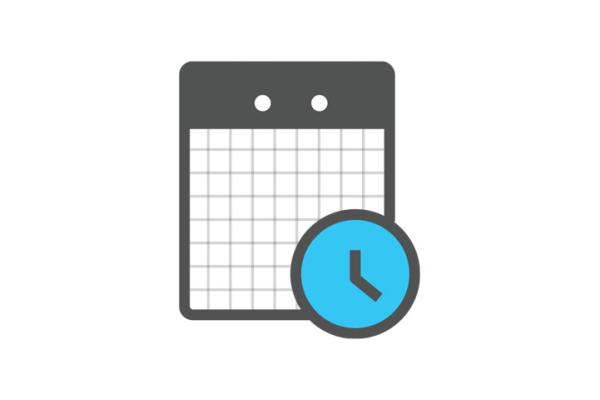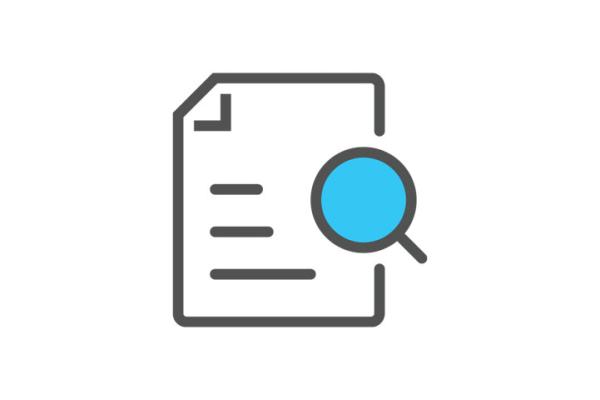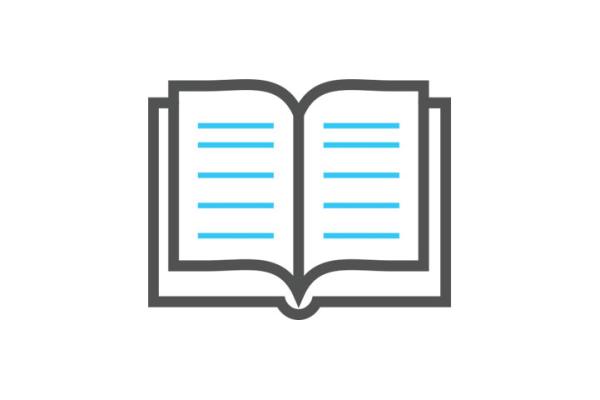Regulation (EU) 2022/2371 on Serious Cross-Border Threats to Health (Art. 15) introduced a legal mandate for the Commission to set up European reference laboratories (EURLs) in public health. The aim of these EURLs is to support national reference laboratories to promote good practice and alignment by Member States on a voluntary basis regarding diagnostics, testing methods, use of certain tests for the uniform surveillance, notification and reporting of serious cross-border health threats.
The main task of the EURLs is to coordinate work in the following areas:
- reference diagnostics (including test protocols)
- reference material resources
- external quality assessments (EQAs)
- scientific advice and technical assistance
- collaboration and research
- monitoring, alert notifications and support in outbreak response
- training
The EURLs in public health are being gradually designated. Their focus is mainly on communicable diseases but also other areas relevant to the implementation of Regulation (EU) 2022/2371.
A network of all the designated EURLs for public health is being set up and will be operated and coordinated by the European Centre for Disease Prevention and Control (ECDC).
First six designated EURLs for public health
In March 2024, the Commission designated the first six EURLs for public health, through the adoption of a Commission Implementing Regulation. The designation was based on a Calls for Application, which ran from October to December 2023.
The first EURLs for public health focus on the following six areas, led and run by the following consortia:
| EU Reference Laboratories for public health in the field of: | Consortium led by: | Also composed of: |
|---|---|---|
| Antimicrobial resistance (AMR) in bacteria | Statens Serum Institut (SSI), Denmark | Danmarks Tekniske Universitet (DTU), Denmark Clinical Microbiology Region Kronoberg, Sweden |
| Vector-borne viral pathogens | Rijksinstituut voor Volksgezondheid en Milieu (RIVM), the Netherlands | Institut national de la santé et de la recherche médicale (INSERM), France Aristotle University of Thessaloniki, Greece Azienda Ospedale - Università Padova, Italy Univerza v Ljubljani, Slovenia |
| Emerging, rodent-borne and zoonotic viral pathogens | Folkhälsomyndigheten, Sweden | Istituto Nazionale per le Malattie Infettive “Lazzaro Spallanzani”, Italy Institut Pasteur, France Nemzeti Népegészségügyi és Gyógyszerészeti Központ, Hungary |
| High-risk, emerging and zoonotic bacterial pathogens | Robert Koch-Institut, Germany | Institut für Mikrobiologie der Bundeswehr, Germany Folkhälsomyndigheten, Sweden Instituto Nacional de Saúde Doutor Ricardo Jorge (INSA), Portugal |
| Legionella | Hospices Civils de Lyon, France | Istituto Superiore di Sanità (ISS), Italy Technische Universitaet Dresden, Germany Instituto Nacional de Saúde Doutor Ricardo Jorge (INSA), Portugal |
| Diphtheria and pertussis | University of Turku (UTU), Finland | Institut Pasteur, France Vrije Universiteit Brussel (VUB), Belgium Sciensano, Belgium Bayerisches Landesamt für Gesundheit und Lebensmittelsicherheit, Germany |
These first six EURLs are designated for seven years and their activities will be funded under the EU4Health programme. These EURLs are expected to be operational and start their activities in January 2025.
Next three EURLs - Calls for applications launched
In April 2024, the European Commission issued three new calls for applications, which are open until 14 August 12:00 CET. The next three EURLs will focus on the following areas:
- Food- and water-borne bacteria
- Food-, water-, and vector-borne helminths and protozoa
- Food- and water-borne viruses





